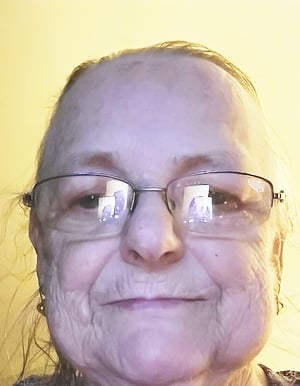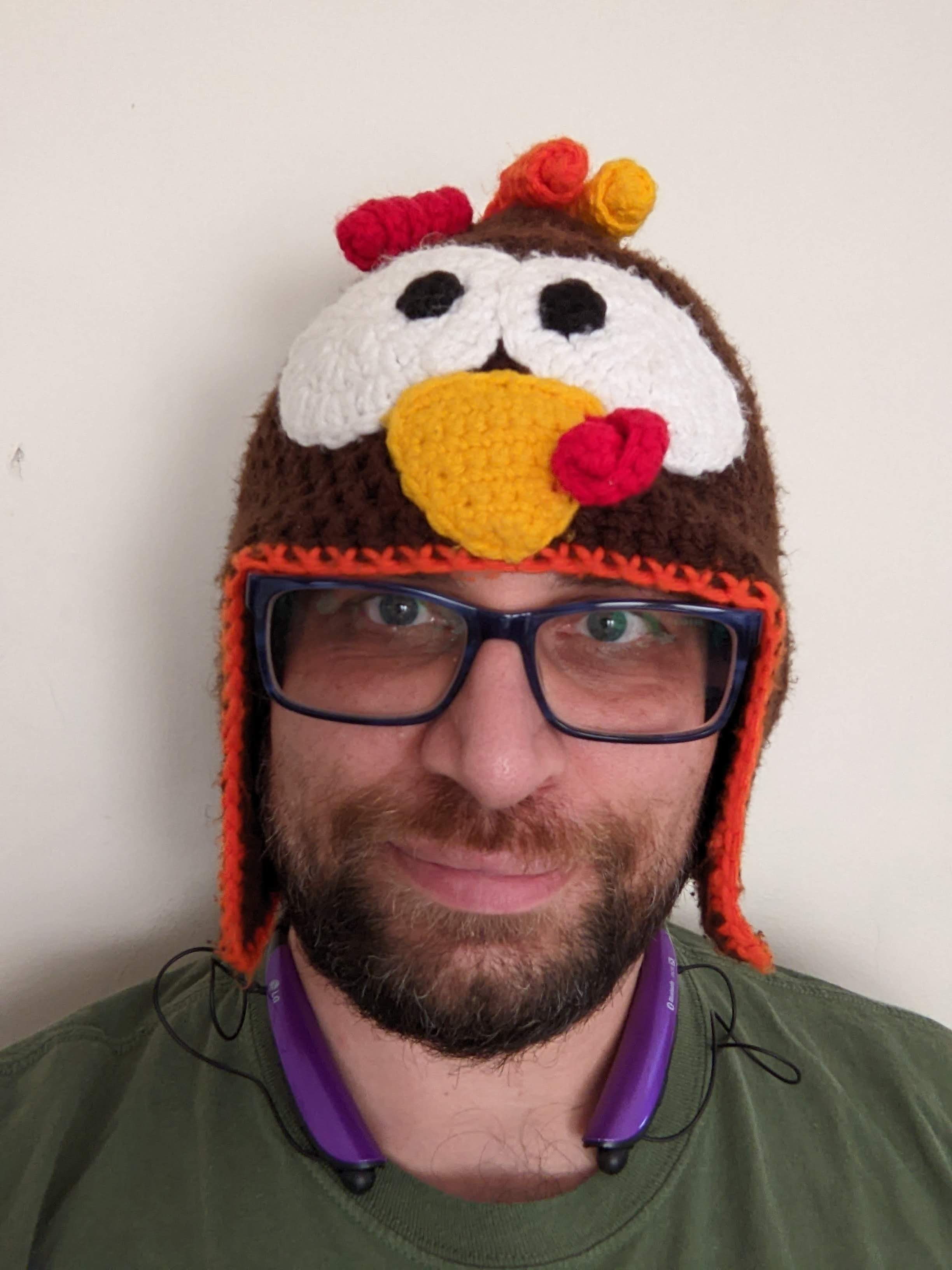blatant racism, voter suppression, and election rigging.
It’s the only way Republicans can win.
And it pisses me off that they win by cheating.
Removed by mod
Do you know why felons can’t vote? How that started?
It was after the Civil War. Black people had the right to vote, but the Southern states didn’t like that. They couldn’t just say “black people can’t vote anymore.” That wouldn’t have been allowed. So instead, they used a bunch of different voter suppression tactics to reduce how many black people could vote.
One of these tactics was removing the right to vote from convicted felons. The states first said that convicted felons couldn’t vote. Then, they decided which crimes were felonies based on how many black people were convicted of those crimes. (Note, this might not have been how many black people COMMITTED the crimes, but how many black people could be rounded up and convicted despite the evidence.)
Black people in the South would get arrested for various crimes (again, with or without evidence), get convicted of felonies, and lose their right to vote. Even if they weren’t convicted or charged, the message was clear: Stand up politically against White Men and you’ll go to prison and lose your rights. The large black voting groups got smaller and smaller.
Removing the “felonies remove voting rights” rule reverses a discriminatory practice.
Understanding demographics is not racist. Black men are convicted and incarcerated more often than anyone else in this country because our justice system is weighted against them.
Not when you understand the disproportionate incarceration of black people for the same crimes. Like how the war on drugs made lot of drug crimes felonies with the intention of disenfranchising the black population through unequal enforcement. Plus Jim Crow laws and everything else that disproportionately punishes black folks based on criminal history.
Understanding history is why we know racism is a major component of anything that removes the right to vote.
Removed by mod
They replied with factual information, my dude. You don’t have to like it, but it’s all true. You can look up any statistics on incarceration rates and sentence lengths based on race and you will find plenty of evidence to support the above.
Removed by mod
u/MomoTimeToDie@sh.itjust.works
Your bigotry is not welcome here.
Removed by mod
deleted by creator
Confidence: LVL 50
Intelligence: LVL 0
Removed by mod
Removed by mod
You do realize, this is a classic Jim Crow technique to surpress votes from those you don’t want to vote. For exampl, you could make it a felony to be late for a rent but then the county only choses to prosecute people of color, but gives “grace” to white tenants.
See also: the war on drugs
They also chose crimes that can be pinned on black people whether or not they did them.
For example, drugs. Want to take out a black person that’s “causing trouble?” Just arrest them and conveniently find drugs in their house. Maybe the person really knows that you planted them, but who’s the white judge going to believe? The black man or the white police officer? The black man is now a convicted felon, behind bars. Even if he’s released, he still can’t vote anymore.
Repeat a few dozen more times and you can stop black people from “causing trouble” just with the constant threat of arrest hanging over their heads.
You might need to dumb it down a bit further 😅
I’m guessing they do realize it, hence the fervent support of the practice.
Careful, there’s very little that separates you from those you wish to disenfranchise.
You might want to check out Anthony Ray Hinton’s The Sun Does Shine for a memoir of what it’s like to be wrongfully sentenced to prison for nearly 30 years all because your friend was mad at you over a girl.
There’s also the case of Crystal Mason who’s in prison, right now, despite comitting no crime.
Profit and Punishment: How America Criminalizes the Poor in the Name of Justice by Pulitzer prize winner Tony Messenger is a more comprehensive book, but one that I think every US citizen should read before defending the status quo.
Criminal justice reform is extraordinarily difficult in the US because citizens with first hand experience are disenfranchised. Everyone affected by society should have an equitable voice in society - there should be no disenfranchised underclass.
Removed by mod
Yes. A superficial search yielded this article citing the American Bar Association as stating 98% of federal criminal cases end in a plea bargain - confession in exchange for a lesser sentence.
Many solid defenses never go to trial because the accused does not have the resources to fight the charge. Many of those individuals who plea guilty will lose their right to vote. The books cited in my previous comment provide more compelling statistics and case studies showing that any one of us can easily find ourselves in trouble with the law, in over our heads, and eager to take the path of least resistance back to a “normal” life.






